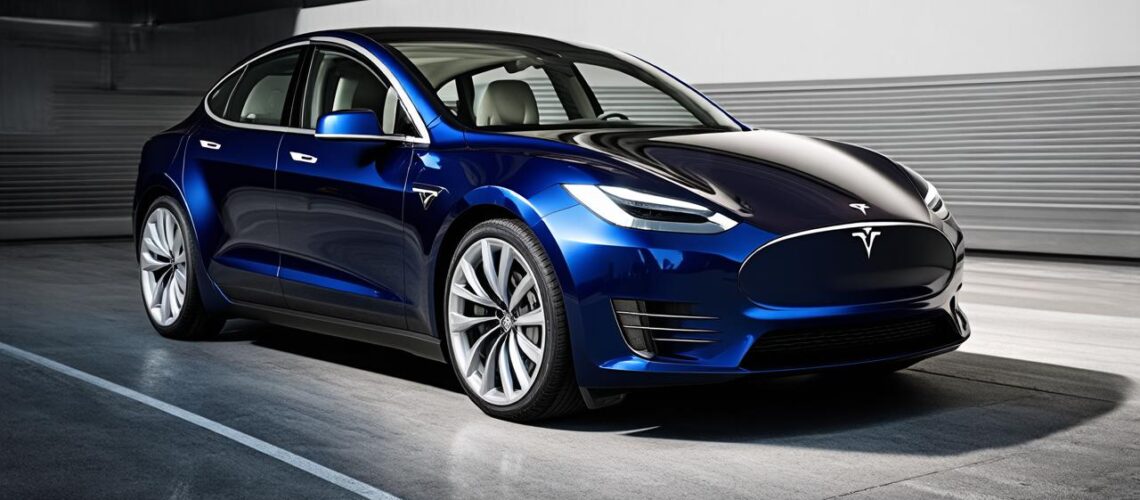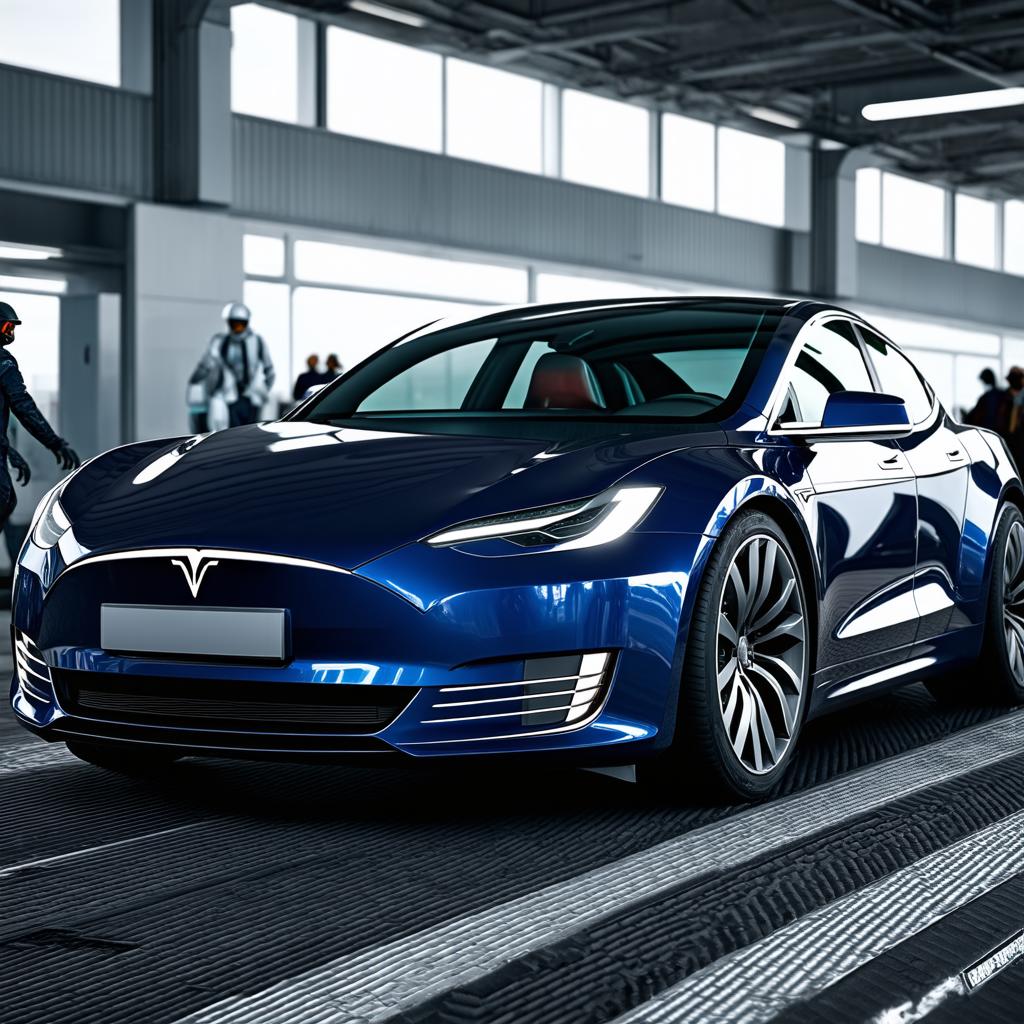Is Tesla considered an automobile manufacturer?

Tesla, an American electric vehicle and clean energy company, is revolutionizing the automotive industry with its innovative technology and sleek designs. But does Tesla actually manufacture cars or just design them? This article will explore the debate surrounding Tesla’s status as an automobile manufacturer and provide insights from experts in the field.
One of the main arguments for why Tesla is not considered an automobile manufacturer is that it doesn’t build vehicles in a traditional factory setting. Instead, Tesla uses a combination of robotics and human labor to assemble its cars in a highly controlled environment. This approach has allowed Tesla to streamline its production process and reduce costs compared to traditional car manufacturers.
Another argument against Tesla being considered an automobile manufacturer is that it doesn’t have the same level of experience or expertise in the field. While Tesla has been around for over a decade, it only began producing vehicles in 2012. In contrast, companies like General Motors and Ford have been manufacturing cars for over a century and have vast amounts of knowledge and resources at their disposal.
However, there are also arguments in favor of Tesla being considered an automobile manufacturer. For example, Tesla designs and engineers its own vehicles from scratch, using cutting-edge technology and innovative materials. This level of control over the design process is unparalleled in the industry and has allowed Tesla to create cars that are both beautiful and highly functional.
Additionally, Tesla has established a loyal customer base and has built a strong brand reputation. Its vehicles are highly sought after by consumers who value sustainability, performance, and technology. This success has earned Tesla recognition as one of the most valuable companies in the world.
So, is Tesla considered an automobile manufacturer? The answer is not straightforward and depends on how one defines “manufacturer.” Some argue that Tesla’s innovative approach to production and design makes it a true manufacturer, while others see it more as a technology company that designs and sells vehicles. Ultimately, the debate will likely continue as Tesla continues to push the boundaries of what is possible in the automotive industry.
One thing is clear, however: Tesla’s impact on the industry cannot be denied. Its electric vehicles are paving the way for a cleaner, more sustainable future and inspiring other companies to follow suit. As the world continues to grapple with climate change and the need for renewable energy, Tesla’s role in shaping the future of transportation will only become more important.
What sets Tesla apart from other car manufacturers?
Tesla’s innovative approach to production and design sets it apart from other car manufacturers. It uses a combination of robotics and human labor to assemble its cars in a highly controlled environment, which has allowed it to streamline its production process and reduce costs compared to traditional car manufacturers. Additionally, Tesla designs and engineers its own vehicles from scratch, using cutting-edge technology and innovative materials.

Why is Tesla’s impact on the industry significant?
Tesla’s electric vehicles are paving the way for a cleaner, more sustainable future and inspiring other companies to follow suit. Its innovative approach to production, design, and sustainability makes it a true industry leader. Additionally, Tesla’s success has earned it recognition as one of the most valuable companies in the world and has helped to establish electric vehicles as a viable alternative to traditional gas-powered cars.
How does Tesla’s design process differ from that of other car manufacturers?
Tesla designs and engineers its own vehicles from scratch, using cutting-edge technology and innovative materials. This level of control over the design process is unparalleled in the industry and has allowed Tesla to create cars that are both beautiful and highly functional. In contrast, many traditional car manufacturers use a more conventional approach to design, relying on existing technologies and materials to create vehicles that meet their customers’ needs.